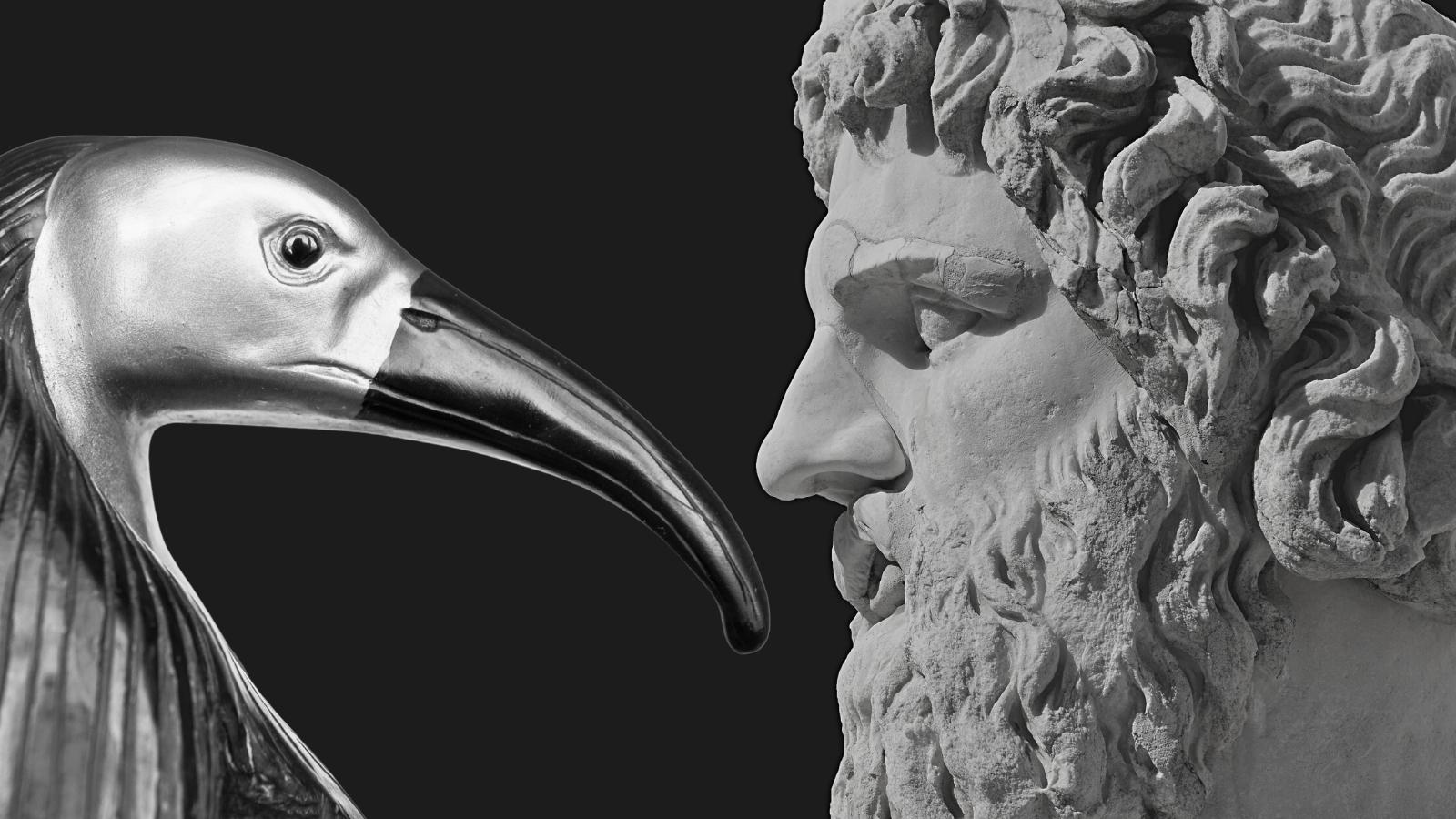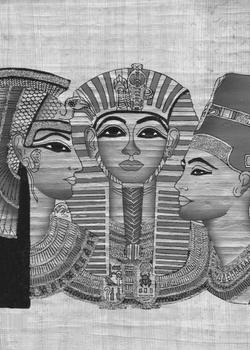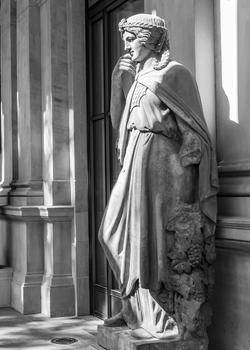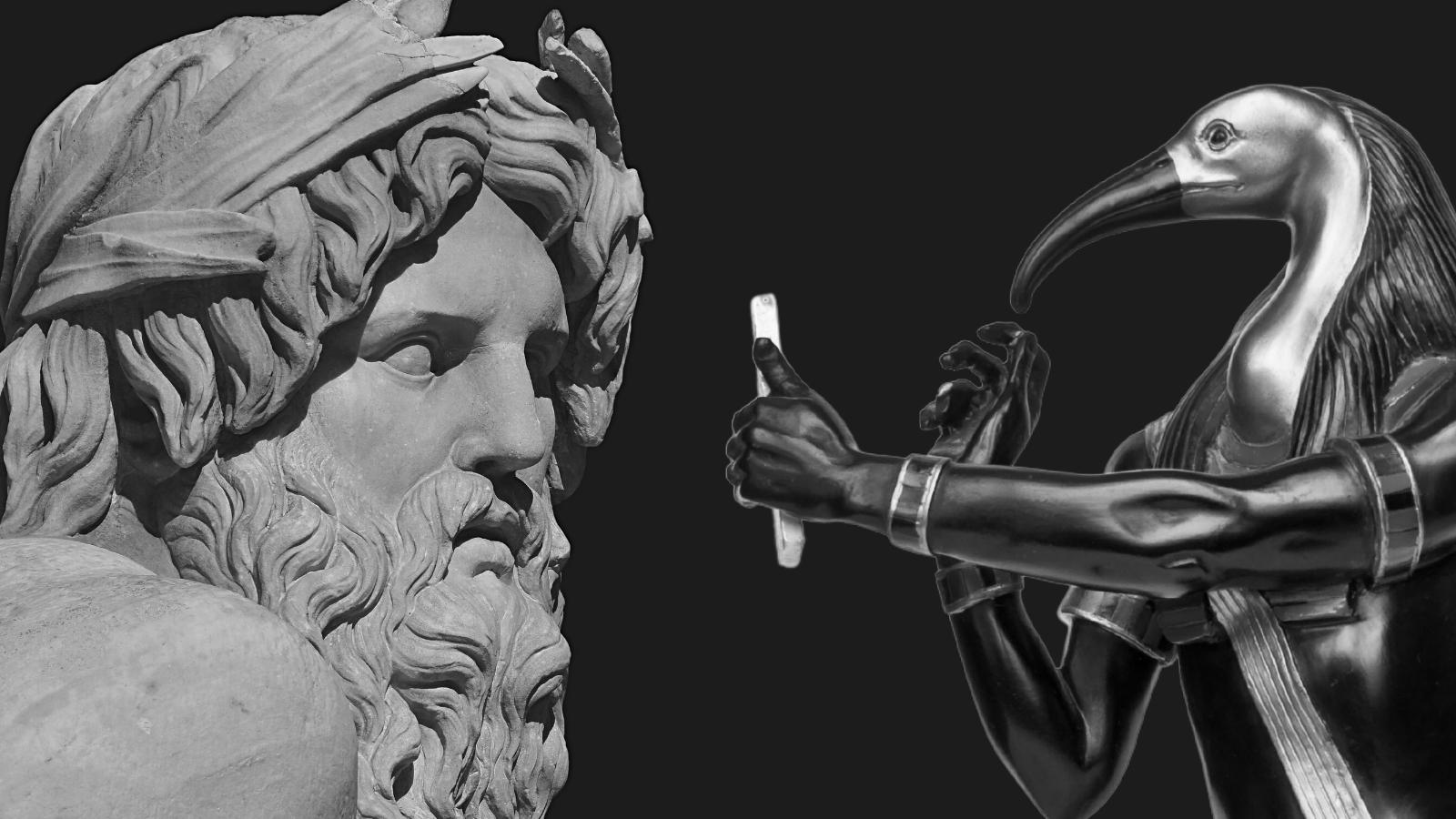Egyptian Gods vs Greek Gods: The War of Ultimate Supremacy
Egyptian gods vs Greek gods is a debate that has been going on for quite some time now. The reasons for this debate are some unanswered questions, a few similar and dissimilar Gods and Goddesses, and lastly, the quest for who the ultimate deity is.
Many different schools of thought are present that explain the supremacy of Egyptian Gods and Greek gods. Here we go through important deities of the Egyptians and Greeks while finding their differences and similarities.
Greek Gods vs Egyptian Gods
The world is full of mysteries, wonders, and surprises. To understand and put such phenomena into perspective, the people of ancient civilizations put their faith in Gods, myths, and religions.
People from different ancient civilizations looked up to different entities that were believed to possess supernatural powers. The entities with powers were considered to be their saviors and source of livelihood.
The most famous civilizations that firmly believed in a single God or more than one supreme deity were the Egyptians, the Greeks, the Persians, the Mayans, and the Arabs. These civilizations came into existence at different times and locations. In all these ancient civilizations, the one thing common was their dedication and love toward their God/Gods and religion.
The Egyptian and the Greek gods are the most famous among these civilizations and related religions. The basis for their fame is probably the variety and stories they brought and are based upon. The Egyptian and the Greek religions were based on polytheism. These religions were highly influenced by the problems that the common people faced.
The Egyptian and Greek religions are versatile, with more than a hundred gods and goddesses. Each deity possesses some supernatural qualities or a source of power. Let us look at the details of Egyptian and Greek mythology, gods, their names, characteristics, and cultural and religious importance.
Egyptian Gods
The Egyptian civilization is one of the earliest civilizations that we know of. In the beginning, different groups of people from different ethnicities came and settled near the River Nile. These first settlers laid the foundation of Egypt. Because the first settlers were from different backgrounds, the religion that each one followed was also different.
The Egyptians were religious people and also highly polytheistic. They believed in thousands of Gods and Goddesses. To keep track of all their deities is impossible. So with time, the Egyptians formed and agreed upon a group of supreme and celestial Gods and Goddesses in addition to their worshipping deities.
This pantheon of Egyptian Gods and Goddesses was based on 11 of the most famous deities in Egypt. The pantheon was responsible for everything: from the rising sun, the setting moon, the shining star, the Egyptian’s wealth, health, and vitality, in short, everything.
Osiris and Isis
The most famous Egyptian god is Osiris, the god of the underworld, fertility, resurrection, and the cycles of flooding of the River Nile. According to the legend, Osiris was resurrected after his brother Seth dismembered his body.
His body was then put together by Isis, Osiris’ wife and one of the most famous Egyptian Goddesses. She was a devoted wife and worshipped by many Egyptians because of her loyalty.
Horus, Seth, and Ptah
Another important god was Horus, the sky god and the son of Osiris and Isis. Seth was the god of violence, chaos, and deserts. He murdered his brother, Osiris, because he was sometimes depicted as an animal. Ptah was another god in the pantheon who was with the builders and the craftsmen.
The Other Six Gods and Goddesses
Other gods in the pantheon were Re (one of many gods associated with the sun), Hathor (the god of fertility and motherhood), Anubis (the god of the dead), Thoth (the god of writing and wisdom), Bastet (the cat goddess of the moon), and Amon (the god of air). These 11 gods and goddesses of the Egyptians were considered the supreme deities, and the Egyptians worshiped them wholeheartedly.
Greek Gods
The Greek gods were the embodiment of love, care, chaos, jealousy, insanity, and pettiness. These gods and goddesses inhabited Mount Olympus, high up in the sky.
In Greek mythology, the gods and goddesses were depicted as humans with supernatural powers and abilities. And same with their depiction, they somewhat had the same problems as humans.
The stories of the Greek gods have highly influenced western culture and literature. The stories of their battles, mating, and bickering have also been a part of the western entertainment unit.
Here we look at some of the A-list Greek gods/goddesses and their stories.
Zeus and Hera
Zeus was the supreme Greek god. He had the powers of controlling the sky and thunder. In Greek mythology, Zeus is shown to be the leader of all other gods. Zeus was married to his sister, Hera. Hera was the queen of Olympus and the goddess of vitality, clear skies, and childbirth.
Even though Zeus was a strong figure with great powers, he is remembered for his infidelity towards his wife, Hera. According to the myths, Zeus fell in love with multiple mortal and immortal women. As a result of Zeus’ infidelity, Hera took revenge in many different ways leading to the ultimate demise of Zeus, the women he loved, and his lineage.
Hades, Poseidon, and Hermes
Hades was the god of the dead. He did not judge the righteous people from the wrongdoers, but he governed them in the underworld. Poseidon is one of the most famous Greek gods who is the god of the sea, horses, and earthquakes. With his strange matings with sea creatures and humans, he fathered offspring like winged horse Pegasus and the Cyclops Polyphemus.
Hermes was responsible for different domains of life. For example, he was responsible for protecting livestock and was also associated with fertility, music, luck, and deception.
Apollo and Artemis
Apollo and Artemis were twin siblings and probably the most feared Greek gods. They were the first descendants of Zeus. Apollo could see the future and was the god of light. He was a great warrior and had the ability to heal people.
Artemis was the Greek goddess who had control over the immortal and the events on Earth. One of her most interesting abilities was the ability to shapeshift into any animal.
Ares and Athena
Ares was the god of bloodlust and war. He was the son of Zeus and Hera. Ares was not a pleasant god to be around. For this reason, many gods and goddesses despised him, including Zeus and Hera.
Athena was the half-sister of Ares. She was the goddess of war and the female counterpart of Ares. Athena was the daughter of Zeus, but she had no mother. She was the favorite child of Zeus. Athena was known as the goddess of the city as she protected civilized life on Earth.
Similarities Between Greek and Egyptian Gods
The Egyptian and the Greek gods were worshipped in separate times and by very different people. But in the end, they were mythical Gods. The gods of these two civilizations have more in common than one might know off.
Here we look into the similarities between the gods of the Egyptian and Greek civilizations.
Both civilizations believed in the existence of a supreme deity
Osiris (Egyptian god) and Zeus (Greek god) were the supreme deities
They believed that their gods and goddesses were created from the universe
Most of the gods and goddesses from both mythologies possessed the same powers
Sacrifices for the gods and goddesses were common practice in both religions
The gods and goddesses favored the people who worshipped and sacrificed for them
There were always some villain gods that wanted to overthrow the supreme god and take their throne
The gods were very eager to get sons so that their rule was passed on to them
The dead were sorted into good and bad by the Gods
Each god possessed a unique supernatural power
Above are the similarities between the Egyptian and the Greek gods. The question arises:
Why are there so many similarities between the religious deities of these two ancient civilizations?
This is because the Egyptian civilization is way older than the Greek civilization. So most civilizations that came, later on, adapted some religion and culture from the Egyptians.
Differences Between Greek and Egyptian Gods
There are some major reasons that Greek gods different from Egyptian gods. These differences bring out the true identity of the religion and religious deities of Egyptian and Greek gods.
Following are the differences:
Some of the Egyptian gods were depicted as half humanoids and half animals, whereas all the Greek gods were depicted as humans
The Egyptian gods are much older than the Greek gods
The Greek gods lived on Mount Olympus, whereas the Egyptian gods did not have a celestial castle
The stories of Egyptian gods were passed down through scriptures and hieroglyphics, whereas the stories of Greek gods were passed down by poets and bards
The Egyptian gods were prayed to in pyramids and tombs, whereas the Greek gods were prayed to in temples
Conclusion
To sum up, there are many similarities and differences between the Egyptian and the Greek gods. Undoubtedly, both mythologies were very dear to their people and played a great role in shaping their civilizations. The truth to their existence, in reality, is objective, and maybe it’s for the best.














